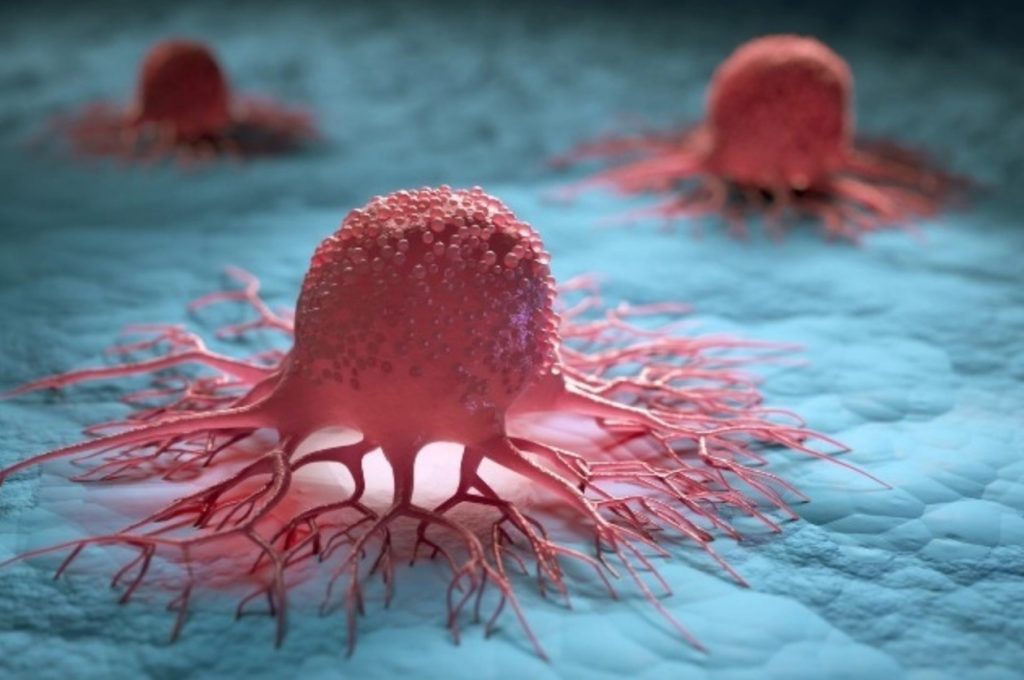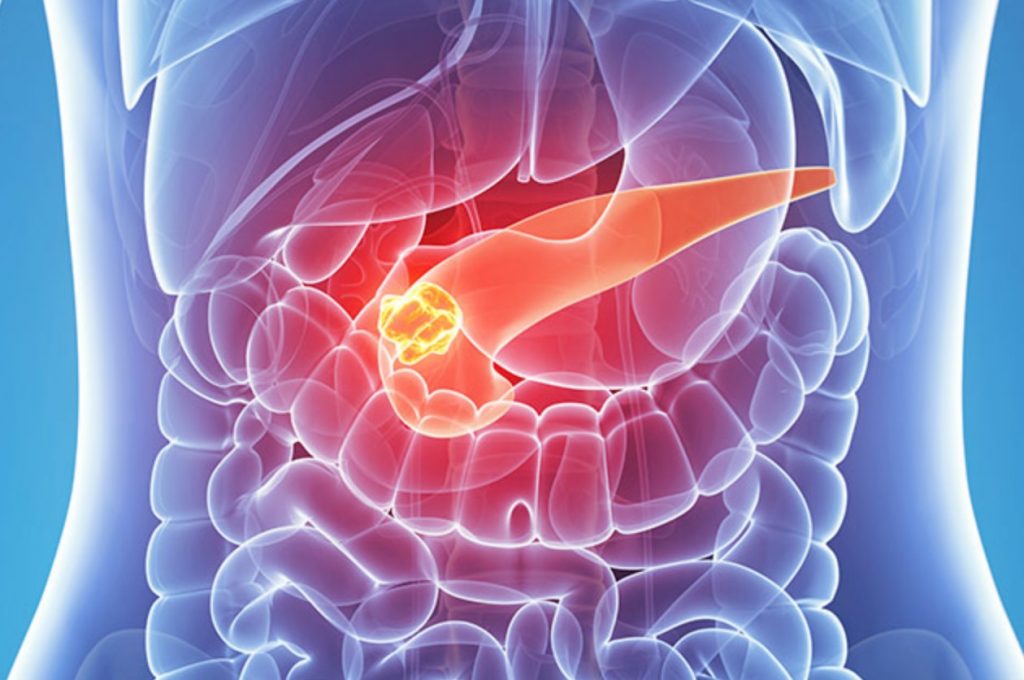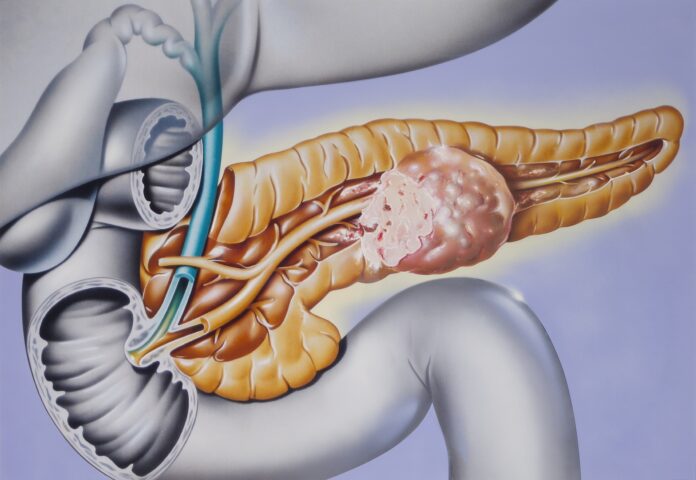Neuroendocrine tumors are quite rare but very dangerous. Until recently, these tumors were difficult to diagnose and cure. However, thanks to modern technology, there are many treatment options. Therapeutic options include surgery, chemotherapy targeted therapy and immunotherapy, administration of somatostatin analogs, and peptide receptor radionuclide therapy (PRRT). This has reduced mortality from many neuroendocrine diseases.
Thanks to the development of medical tourism, more and more patients undergo treatment abroad. At the moment, the most popular countries for treatment are Germany, Israel, and Turkey. Here you can find the most advanced methods of treatment, as well as state-of-the-art equipment to cope with even the rarest forms of cancer.

Clinical manifestations
One of the main obstacles in diagnosing neuroendocrine tumors is their asymptomatic development and progression. And vice versa, neuroendocrine neoplasms can manifest themselves with atypical symptoms, so doctors start looking for other pathologies of the respiratory system, gastrointestinal tract, etc. As a result, most NETs are detected at advanced stages, when most treatments are no longer effective. For example, a neuroendocrine tumor of the liver can remain undiagnosed until the stage of metastasizing.
This is why regular medical check-ups are important to avoid late diagnosis making. If you notice one or more symptoms of neuroendocrine tumors, it is better to seek medical attention as soon as possible. As a rule, the main clinical manifestations in patients with NETs are:
- Frequent headaches
- Skin flushing or atypical rash
- Lack of appetite
- Rapid changes in weight
- Increased blood pressure
- Dizziness
- Weakness
- Increased body temperature

Making the diagnosis
As a rule, foreign medical centers adhere to a comprehensive approach to diagnosing neuroendocrine tumors. Making the diagnosis of neuroendocrine tumors begins with the collection of anamnesis and physical examination of the patient, including clinical examination of all the lymph node groups.
After that, as a rule, the patient undergoes laboratory and instrumental tests to confirm the diagnosis. These include:
- Blood tests for hormones (e.g. insulin, somatostatin, glucagon)
- Urine analysis for metanephrine and normetanephrine
- Blood tests for electrolytes (potassium, magnesium, calcium, chlorine)
- Infectious markers (antibodies to HIV and hepatitis viruses)
- Ultrasound, CT, and MRI scans of the abdomen, chest, and other body regions
When possible, doctors perform a biopsy with histological and immunohistochemical testing of the harvested material. Depending on the tumor localization, a biopsy may be carried out during bronchoscopy, endoscopy, colonoscopy, etc. In some cases, surgery is required for sampling the tumor tissue. However, not all NETs are solid neoplasms, so it is not always possible to perform a biopsy.

Treatment of neuroendocrine tumors
The treatment of neuroendocrine tumors most often involves a complex approach, with the simultaneous or consecutive use of several methods. This allows increasing the effectiveness of treatment, as well as reducing the risk of metastasizing or relapse. The most common method is the surgical removal of the tumor along with the nearest lymph nodes. The tumor may be removed completely or partially. Complete removal leads to better outcomes than the partial one and is performed when possible.
Chemotherapy and radiation therapy are most often used together with surgery. This allows completely eliminated of all the cancer cells throughout the body. The chemotherapy schedule usually consists of few separate cycles. One medication or a combination of different medications may be given. Most often, cytostatics are used, i.e. drugs that prevent malignant cells from dividing and spreading. As for radiation therapy, external-beam radiation therapy is used.
Targeted therapy is used in patients with advanced tumors of the lungs, pancreas and other organs of the gastrointestinal tract. These drugs recognize and block specific proteins and genet of NETs so that tumors shrink. Immunotherapy reinforces patients’ own anticancer immunity.
One of the newest approaches to treat neuroendocrine tumors is radionuclide therapy with Lutetium-177. The Lutetium molecules have a targeted effect on tumor cells. It spares healthy cells, which leads to better tolerability and safety. In addition, the effectiveness of this method has been confirmed in several clinical trials.

Treatment during a COVID-19 pandemic
The COVID-19 pandemic has brought many new concerns to mankind. One of them is a worldwide lockdown, during which entering many countries is restricted. Due to this, many patients were left without the opportunity to undergo modern examination and treatment abroad.
However, thanks to the medical tourism operator, treatment abroad is possible even during the lockdown. Click here and you will find all the information about the treatment of NETs in the best foreign countries, even during the lockdown. Become one of the thousands of patients who have been successfully treated during a pandemic.
This service facilitates issuing visas for a patient and his accompanying person, even when the embassy in the patient’s native country is closed. Actually, receiving entrance permission is one of the main obstacles in planning therapy abroad during the lockdown. If necessary, the legality of the patient’s trip will be confirmed by Federal Police.
Patients can follow measures aimed at COVID-19 prevention. A real-time PCR test for COVID-19 detection is performed, and self-isolation for a certain period may be required.

Cost-effective treatment abroad
If you want to receive state-of-the-art treatment in the most reputable clinics abroad, the best solution for you is the medical tourism operator. Leave your request on the website, and you will receive a call from a medical advisor who will inform you about all the treatment options. If you want, you may also communicate via email or messengers.
Medical tourism operators manage all aspects of arranging treatment abroad, from booking tickets to the individual selection of an attending physician. An interpreter will accompany you during your visits to the healthcare facility and a medical coordinator will be in touch with you via messengers 24/7.
In addition, you get the best prices for treatment abroad. This is possible due to the direct contracts the company has with the leading healthcare institutions. Clients do not need to pay extra fees for foreigners. And even more, hospitals may offer such patients more favorable prices, as foreigners are often self-payers (their treatment is not covered by the insurance company).





![Calgary’s Hottest Neighborhoods for Luxury Homebuyers [2024]](https://thewashingtonote.com/wp-content/uploads/2024/04/Calgary-324x160.png)



